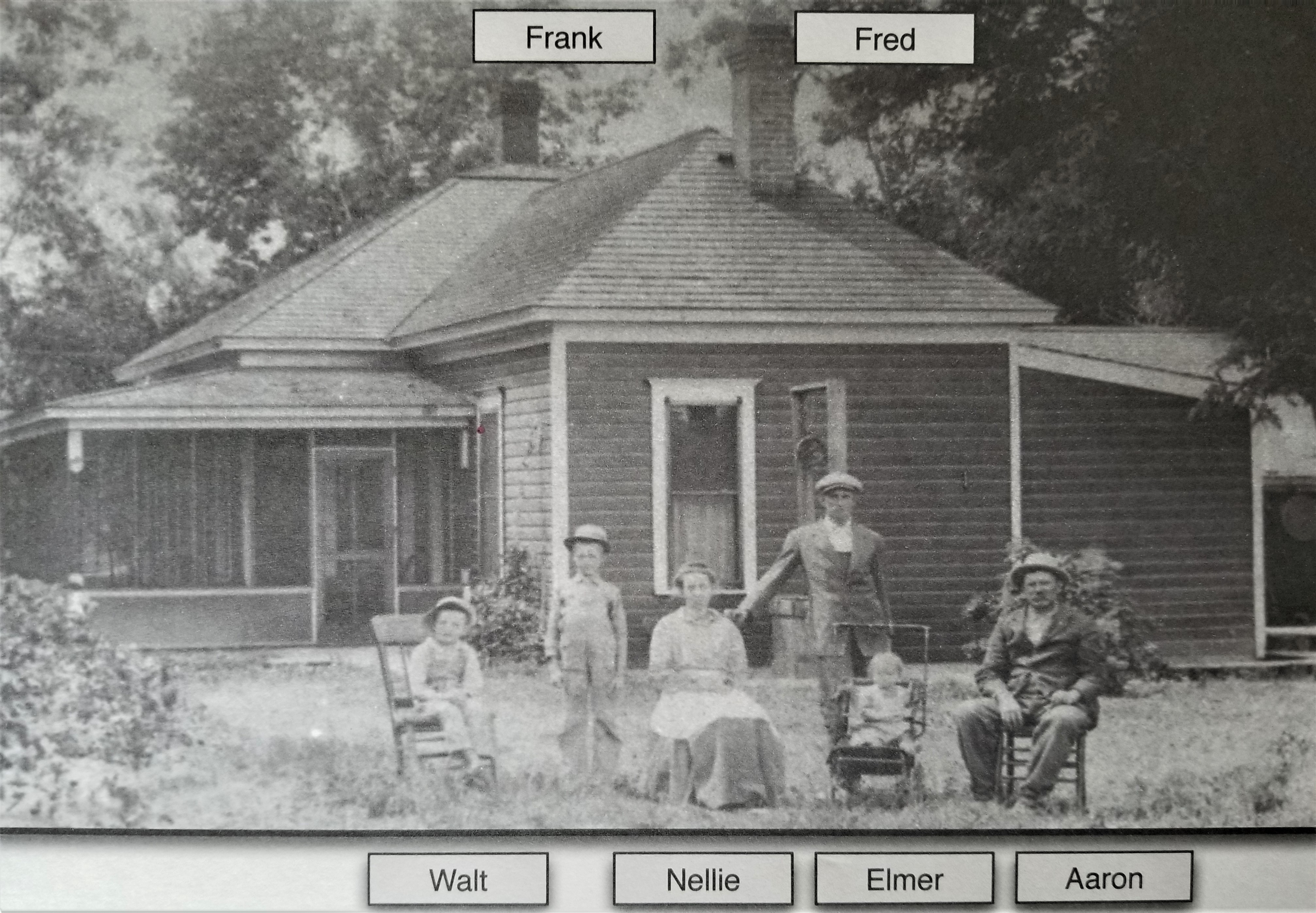
After the Civil War it became a tradition to decorate the graves of soldiers killed in battle. With over 600,000 dead soldiers from that terrible war, there were very few families not touched by the tremendous toll. With time, the honoring of those who gave their lives in battle continued with World War I & II and subsequent actions by the military. The end of May continued to be a time of honoring and remembering.
For many, the day is also a time for remembering family members no longer here. My father took a leading role in organizing flowers for the graves of family members buried in the Yakima Valley. Since childhood and down to recent years Memorial Day was an annual family gathering. My parents, aunts and assorted relatives made procession to graveyards in Sunnyside and Zillah to place potted plants on or near grave stones. And we were joined by thousands of others who also gathered at their own family gravesites to do the same. With a large Hispanic population in the area, the tradition is very festive with bright shiny decorations, large pictures of more recently passed relatives, sitting in lawn chairs and making a day of it. For all, the graveyards are a quiet reflection, well attended and vibrant with color in honor of military, ancestors and family members passed.
It is a day of telling stories about family members, my aunt Kay in particular was a keen family historian and recounting memories and family lore was always a favorite part of this tradition. One such story was about my great grandfather and mother. Aaron came to the Yakima Valley as a young man with dreams. He Purchased desert land cheaply, traded a pig for some sapling fruit trees, and he had a house—well, really it was a tent. It would be some time the next year before the canal was to be built, so he made a yoke and hung a bucket on each end and would set off to the river, a few miles away, to fetch water for drinking, bathing and watering his fruit trees.
As a young man he thought prospects were looking good—it was a good time to marry. However, the sage covered desert did not bloom young ladies at the time, so he set off over the mountain pass to the big city of Tacoma. There he met a young woman who had moved with her family from Nova Scotia. Now Tacoma and Nova Scotia share the fact they are near water, with green trees and vegetation. They met, decided to marry and Nellie moved with her new husband to their new “home” in the desert. It was January, and it was cold, bleak even. Apparently, either he had oversold the state of his “home,” that is the general consensus among the ladies of the family, or she had imagined it to be more than it was, but she was definitely not happy with the state of things as she found them. Cold and dreary in January, a few sticks in the desert ground that would some day be an orchard, and a tent to live in is not what she had anticipated!
However, these were pioneers made of tough stock. “You do what you have to do” to get by, to survive, and work for a better future. They were a couple with deep faith in God, and eventually built their wood framed and clad home, it had a proper roof and sporting glazed windows—the house continues to stand on the same property today. It is now surrounded with shade trees and orchards and farms stretching off across a verdant valley. What changes water and hard work can bring to desert, with ground anciently fertilized by rich volcanic ash from nearby Mount Rainier and Adams. Like many in America, the dream has been that you can work hard and build a future; not just for yourself, but for prospective generations as well.
Memorial Day is also called Decoration Day, for decorating the graves with flowers and giving homage to those who went before us. As we grow in spiritual awareness, gratitude is something that grows as well. None of us would be here if not for our ancestors. We would not have the life we have if there had not been those willing to give their lives for a greater cause. We have much to be grateful for, and though today we may not live close to those festively clad graveyards, we can decorate the memories of those who have gone before us with flowering gratitude.
I bow in gratitude to my ancestors, to all of our ancestors, and affirm with our hard work we may pass down to future generations even better lives for them—that the day will come when wars and terrorism are but memories, and the only “trumpet calls” we hear are the ones that awaken our souls in God.